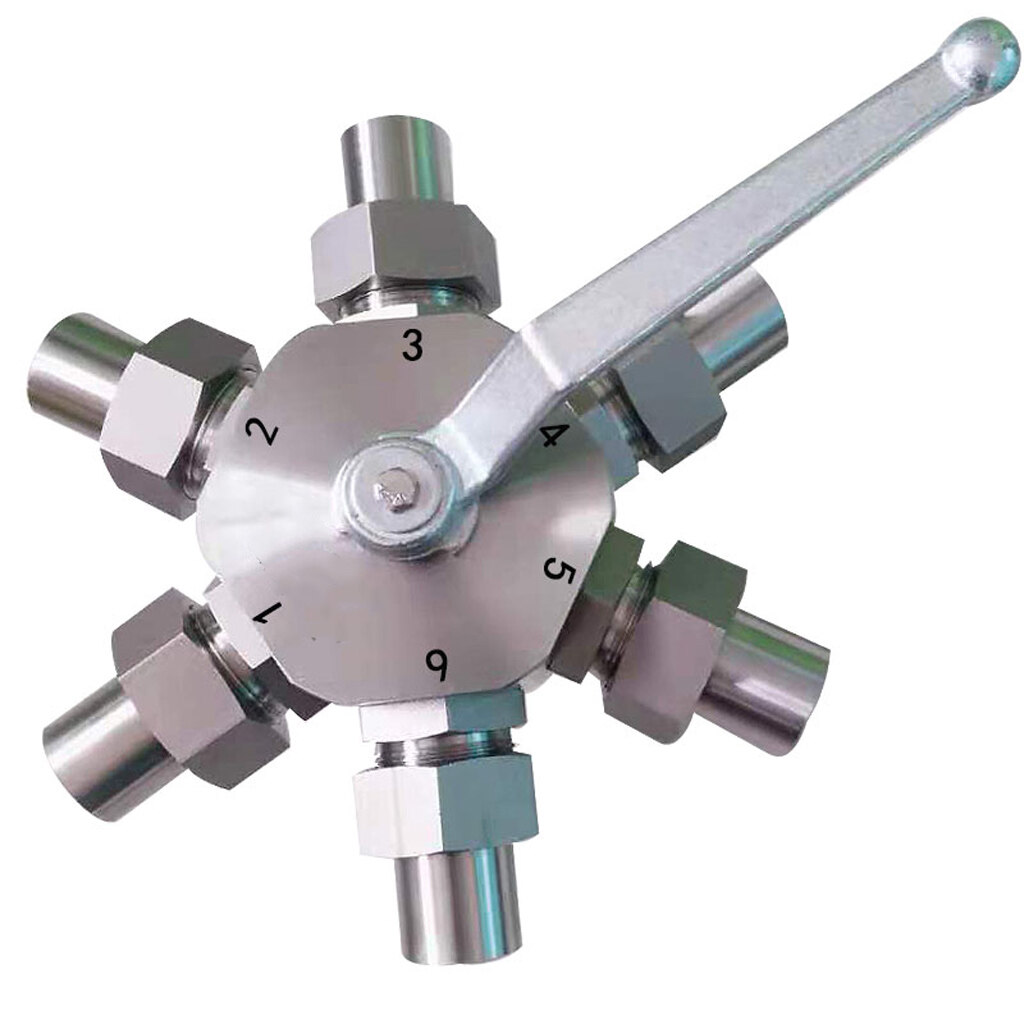Email format error
Email cannot be empty
Email already exists
6-20 characters(letters plus numbers only)
The password is inconsistent
Email format error
Email cannot be empty
Email does not exist
6-20 characters(letters plus numbers only)
The password is inconsistent

News

Unveiling the Stainless Pressure Reducing Valve
Have you ever wondered how your home or building maintains a steady flow of water at just the right pressure? It's not by magic, but by the diligent work of a Stainless Pressure Reducing Valve (PRV). These unsung heroes are at the heart of water supply systems, ensuring that water pressure remains safe and consistent. But what exactly is a PRV, and why is it so crucial? Let's turn the spotlight on this essential component and discover its vital role in our daily lives.
What is a Pressure Reducing Valve?

A Brief Overview
A Stainless Pressure Reducing Valve is a type of control valve that automatically reduces the incoming water pressure to a lower, pre-set level. It's designed to protect plumbing systems, fixtures, and appliances from the damaging effects of high water pressure.
The Importance of Pressure Regulation
High water pressure can cause a myriad of issues, from pipe bursts to reduced appliance life. By maintaining an optimal pressure level, a PRV safeguards against these risks and extends the life of your water infrastructure.
Key Features of a Stainless Pressure Reducing Valve
Durability
Made from stainless steel, a PRV is highly resistant to corrosion, ensuring a long service life even in challenging environments.
Precision Control
The valve offers precise control over pressure levels, with the ability to maintain a consistent output regardless of fluctuations in the incoming water pressure.
Automatic Operation
One of the standout features of a PRV is its automatic operation. Once set, it continuously monitors and adjusts the pressure without the need for manual intervention.
Applications of Stainless Pressure Reducing Valves
Residential Plumbing
In homes, PRVs are crucial for maintaining a comfortable water pressure that's safe for both the household and the plumbing system.
Commercial and Industrial Use
In commercial and industrial settings, where water demands are higher and more variable, PRVs play a critical role in ensuring stable water supply and protecting expensive equipment.
Irrigation Systems
PRVs are also vital in irrigation systems, where they help to manage water pressure to prevent damage to delicate crops and landscaping.
How a Stainless Pressure Reducing Valve Works
Basic Operation
A PRV works by sensing the incoming water pressure and adjusting a diaphragm or piston to either open or close, thereby controlling the flow and reducing the pressure.
Components of a PRV
- Valve Body: Houses the internal components and provides the structure.
- Diaphragm or Piston: Responds to pressure changes and controls the flow.
- Spring: Provides the force necessary to maintain the desired pressure setting.
- Bypass: Allows excess water to flow around the valve when needed.
Benefits of Using a Stainless Pressure Reducing Valve
Longevity
Stainless steel construction means a PRV can withstand the test of time, reducing the need for frequent replacements.
Reliability
With automatic operation, a PRV ensures consistent water pressure, eliminating the need for manual adjustments.
Cost-Effectiveness
While the initial investment may be higher than traditional valves, the long-term savings in maintenance and reduced damage make PRVs a cost-effective choice.
Choosing the Right Stainless Pressure Reducing Valve
Consider the Flow Rate
The flow rate required by your system should be a key factor in selecting the appropriate PRV.
Match the Pressure Range
Ensure the PRV's pressure range matches the incoming water pressure and the desired output pressure.
Check for Certifications
Look for PRVs that meet industry standards and have the necessary certifications for quality and performance.
Maintenance and Troubleshooting
Regular Inspections
Regularly inspect your PRV for signs of wear or damage, and clean or replace parts as needed.
Troubleshooting Common Issues
Familiarize yourself with common issues such as fluctuating pressure or leaks, and know the steps to take for resolution.
The Future of Stainless Pressure Reducing Valves
Innovations in Design
As technology advances, we can expect to see PRVs with improved materials, more precise control, and even smart capabilities that integrate with home automation systems.
Sustainability Focus
With a growing emphasis on sustainability, the development of PRVs that conserve water and energy will become increasingly important.
Conclusion: The Vital Role of Stainless Pressure Reducing Valves
In conclusion, the Stainless Pressure Reducing Valve is a critical component in water management systems that often goes unnoticed but is indispensable. By understanding its function, benefits, and the factors to consider when choosing one, you can ensure that your water system operates efficiently and safely. As we look to the future, the role of PRVs will only grow in importance, reflecting our commitment to sustainable and smart water management solutions.

